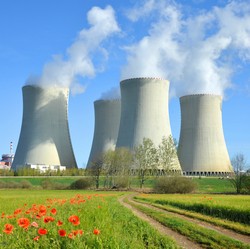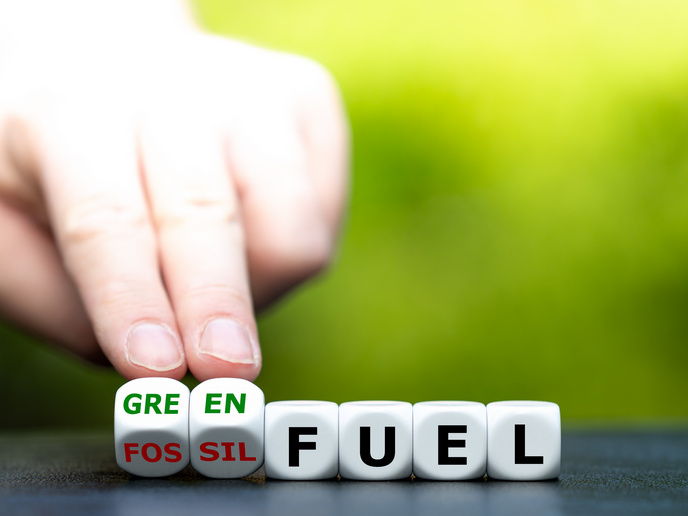Radioactive waste fuels next-generation reactors
The radioactivity of nuclear waste is by nature a result of the significant amounts of usable energy present in fissile materials. Recycling and transmutation of minor actinides is an important step towards an ultimate closed fuel cycle. Funded by the EU, the FAIRFUELS(opens in new window) (Fabrication, irradiation and reprocessing of fuels and targets for transmutation) project worked on developing novel fuels based on recycling of nuclear waste through re-irradiation in next-generation reactors with sustainability in mind. By increasing recycling and transmutation of nuclear waste, in which high-level, long-lived minor actinides are transformed into stable or short-lived materials, FAIRFUELS contributes to reducing the volume and hazard of radioactive waste. Fast reactors are amongst the Generation IV nuclear energy systems recognised by the European Sustainable Nuclear Energy Technology Platform (SNETP) as a key priority of nuclear research. They are designed to strongly lower the consumption of uranium resources and liberate the remaining long-term radioactivity in nuclear waste through transmutation. The MARIOS experiment on americium transmutation to collect data on irradiated fuel at different temperatures and porosities was successfully completed. Its aim was to investigate more closely the behaviour of minor actinide targets in a uranium oxide matrix and compare dense fuels with fuels with tailored porosity. In these targets, large helium amounts are produced that cause swelling and significant damage to the material under irradiation. Another test conducted within FAIRFUELS was the SPHERE irradiation experiment designed to compare americium in classical pellet form and sphere-pac. Minor actinides containing sphere-pac involve easier, dust-free fabrication processes that are highly necessary to reduce the risk of contamination. Irradiation testing was conducted in the high flux reactor in Petten, the Netherlands. The HELIOS experiment was designed to study the in-pile behaviour of inert matrix fuels and targets containing americium. The focus was on investigating the role americium plays on the microstructure and temperature of helium gas release and on fuel swelling. Understanding of gas release mechanisms is vital to maximise transmutation yield. FAIRFUELS outcomes are expected to make a significant contribution to the problem of radioactive nuclear waste through recyclation of some of the most hazardous and long-lived components. Transmutation to safer substances through irradiation will be equally applicable to use in present nuclear waste burners as well as future nuclear reactors. These are important routes to closing the nuclear fuel cycle for enhanced sustainability and reduced environmental impact.







